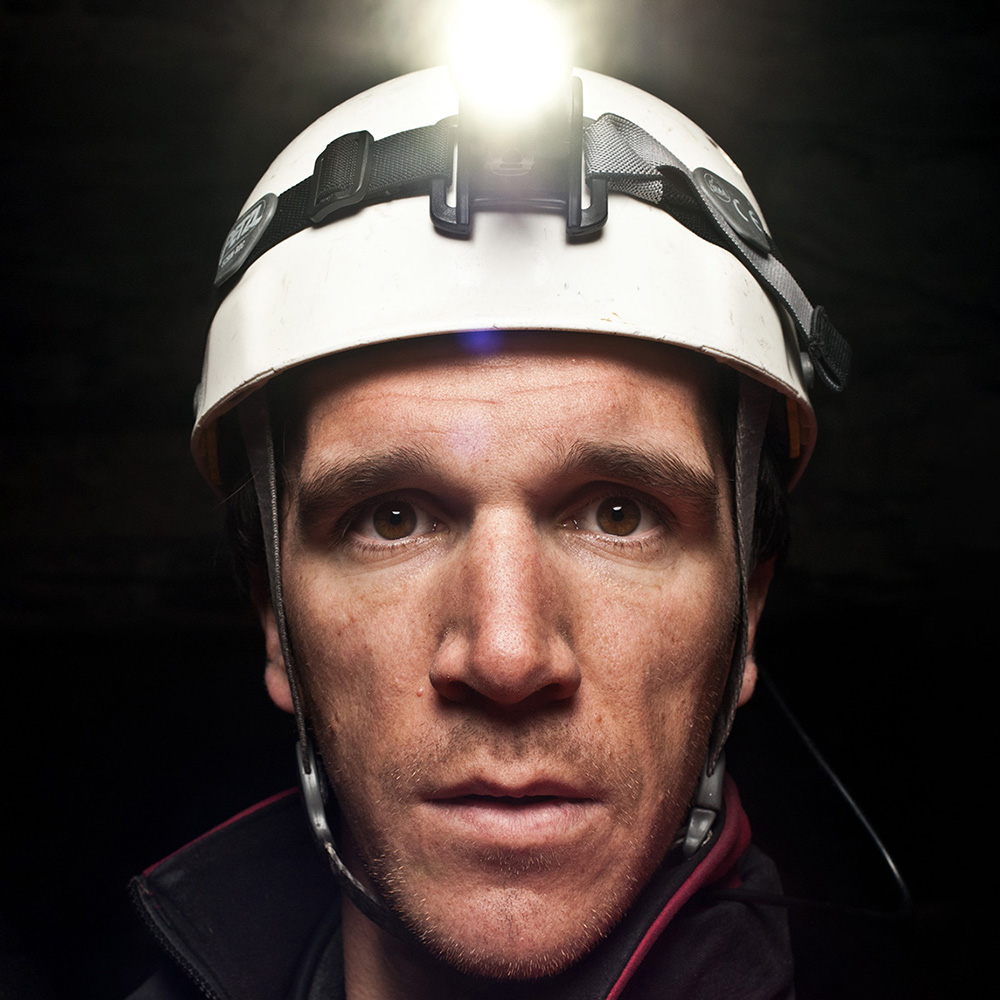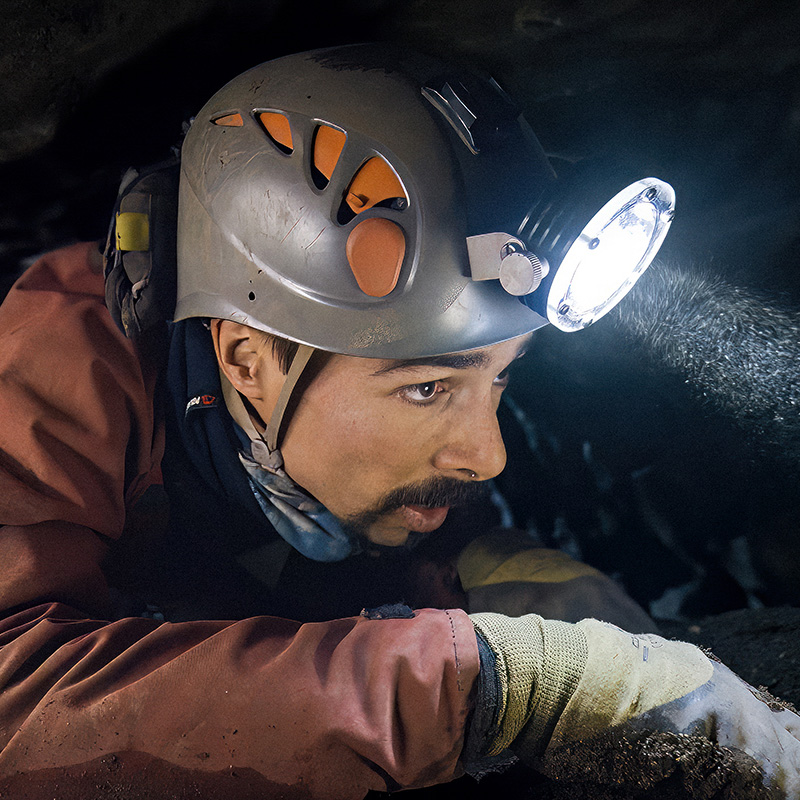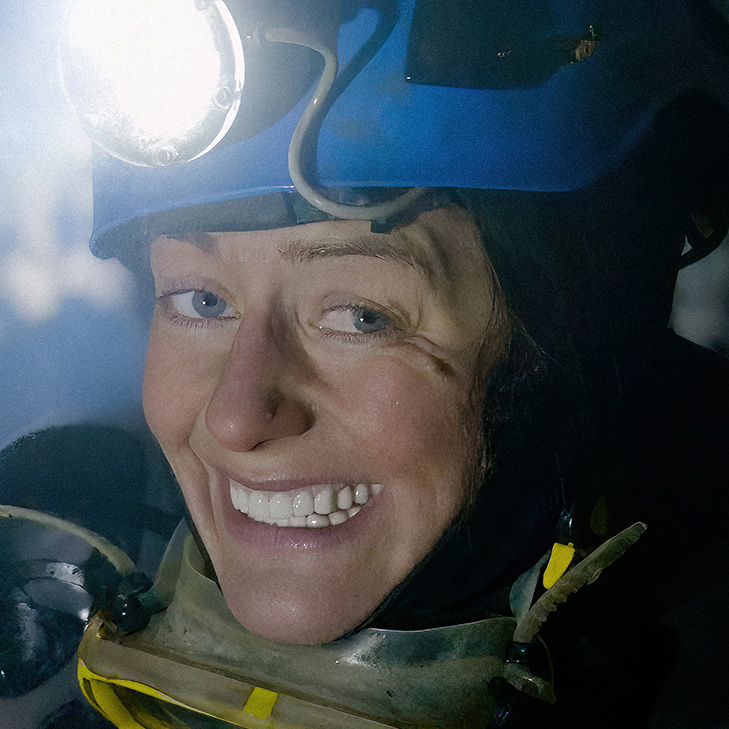Why are caves so fascinating?
An interview with Subterranean director François-Xavier de Ruydts
"Caving is a community sport that spans several generations."
Francois-Xavier de RuydtsWhat is the biggest difficulty when you want to make a caving film?
Caving is very slow and repetitive. They are collaborative projects, often involving several generations of cavers. In most cases, there is not even a concrete goal. The cavers just push further and further into the unknown, bit by bit. As a filmmaker, you ask yourself: How do I make a good film out of this with a beginning and an end? There is no summit in caving. The cave goes deeper and deeper and the water finds its own way. But for the cavers, it ends at some point because it simply becomes too difficult or too dangerous.
You can't know in advance when it will happen. But for Katie, Franck and the other cavers in your film, it still seems a long way off. They invest so much in their projects. Can you understand what drives them?
Only to a limited extent. For me, the film project was a good reason to accompany the group. But I wouldn't do it just for the fun of it. The cavers invest all their free time and private money in the projects. Instead of spending time with their families, they prefer to freeze in a cave for ten days.
That sounds like a very special community of people. Are there sometimes rivalries between them?
Katie is clearly the leader of her team. She sweeps everyone along with her enthusiasm; she really wants to push the boundaries. The team on Vancouver Island sometimes has big egos clash. Peter has been caving on Vancouver Island for 40 years and then a rookie like Franck comes along, who has only been there for three years - and brings a film crew with him!
"As a explorer, as a caver, you have to be able to rely on each other."
Francois-Xavier de RuydtsHow did you actually get ato know Franck and Katie?
I had known Katie for a while, from my time as a cave photographer. But I met Franck for the first time at a baby shower. He had his child in his arms and told me in passing that he was also a caver - and was looking for the longest cave in British Columbia. He was immediately hooked on the film project.
You had already visited several caves as a photographer, so you joined the group as a caver and not primarily as a filmmaker. What advantages did that have for you and the whole film project?
When we started filming, the team on Vancouver Island was just about to find out whether a difficult climbing passage might conceal a passage to another cave. But it was a dead end. I said: "Then you'll just have to try from the other side." But they wouldn't hear of it: "No, there's the Glorpe, we're not going through there." And they told me about this terribly disgusting corridor where you would surely drown in the mud if you tried to make your way through. No one had been there for years. But I thought: "That would make some great pictures for the movie". So I took a look at the whole thing. It took my camera assistant and I a day to fight our way through the Glorpe. We filmed everything and showed the footage to the cavers. Afterwards they said: "Ok, now we have to do it too."
Were there moments when you weren't able to film everything you would have liked to? Were there moments when you weren't able to film everything you would have liked to?
At the end of the film, Katie finally makes the decisive dive. I sent a drone ahead to film her diving. But we couldn't follow her for long. A lot of sediment is stirred up and Katie could have got caught in the cables. That was too dangerous. So I soon took the drone out again and relied on the GoPro on her helmet to film everything. But unfortunately it didn't work that day! (laughs)
About the cast

François-Xavier de Ruydts
The filmmaker moved from Belgium to Vancouver in 2010. In Canada, the energy consultant realized a dream and became an outdoor photographer. With cave images, he discovered a niche through which he could make a name for himself and suddenly became a caver. *Subterranean* is his first cave film. He now lives in Belgium again.

Franck Tuot
He found some cave entrances while working as a forest engineer on Vancouver Island and became an avid caver.

Katie Graham
The financial analyst from Calgary spends almost every weekend in a cave in the Canadian Rockies.


